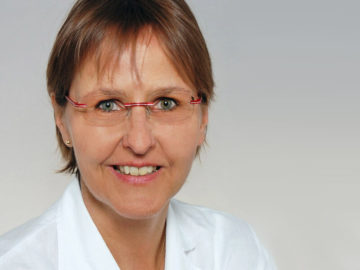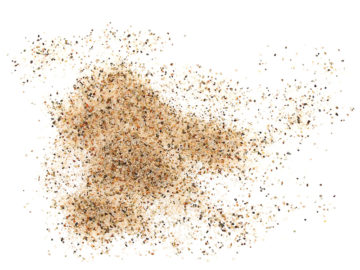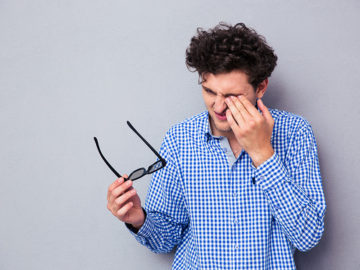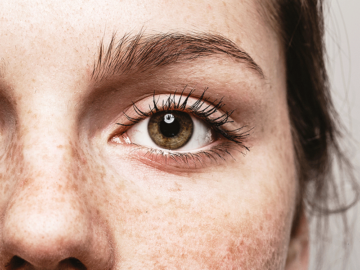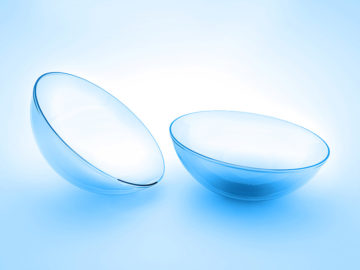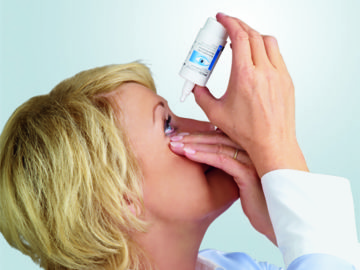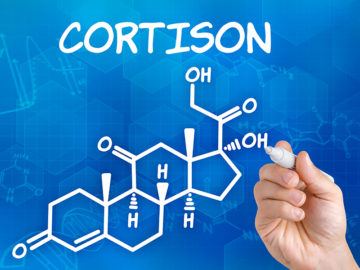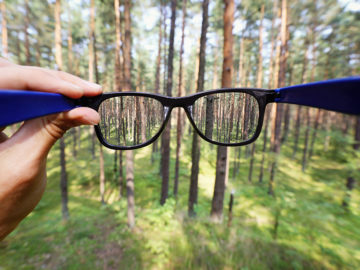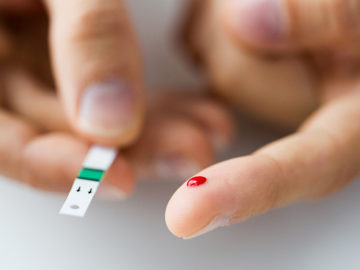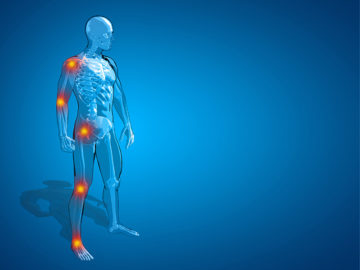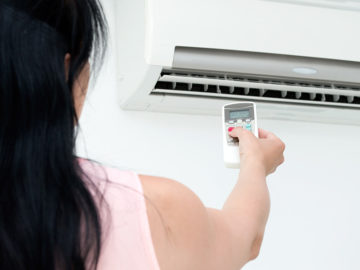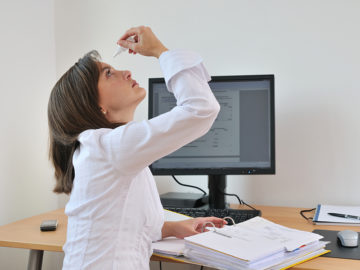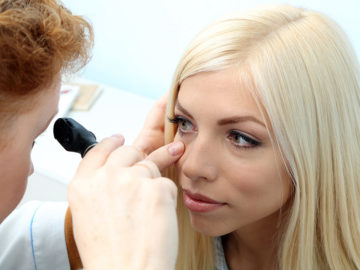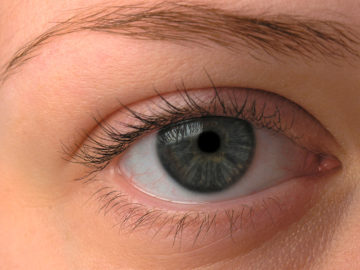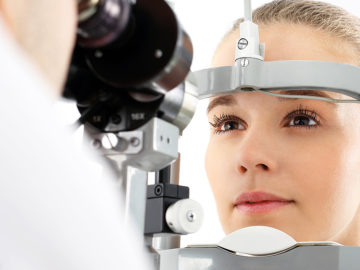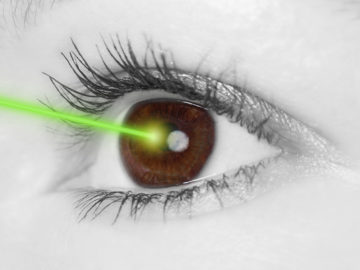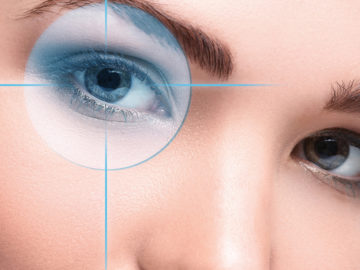Dry eyes during the menopause
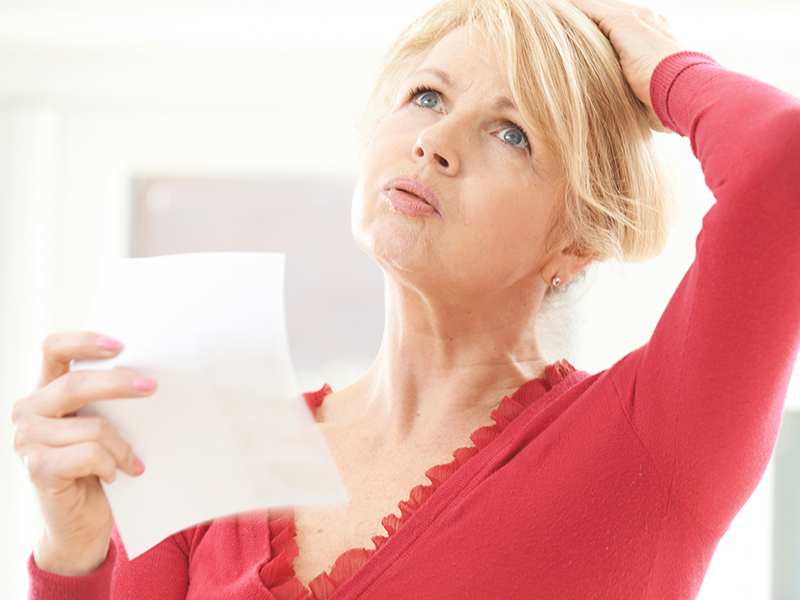
During the menopause, many women suffer from hot flushes and sweating. The mucous membranes also change, which among other things is noticeable through dry eyes.
The menopause is a natural transition phase in which the body greatly reduces the productsion of female sex hormones. As a rule, it appears during the fifth decade of life. Many women feel the hormonal changes through various symptoms. Among other things, dry eyes can become an unpleasant problem during the menopause.
Symptoms during the menopause
During the menopause, medically known as the climacteric period, there is a huge hormonal change, in particular a decrease in oestrogen productsion. This change in hormone productsion is also responsible for different physical changes and signifies the end of female fertility. The period of transition can last for several years and give rise to various symptoms from which women suffer to a greater or lesser degree.
Many women battle against sweating, hot flushes, insomnia or depressive moods. Dry eyes during the menopause are a further, common complaint. They manifest themselves through painful burning and itching. Usually, the eyes are reddened and, paradoxically, despite dryness water more. In addition, many complain about a foreign body sensation in the eye. With the aid of various treatments, the physical and emotional problems of this time can be confronted.
How the oestrogen level affects the body
Whether in puberty, pregnancy or during the menopause: the concentration of the female sex hormones changes several times in the life of a woman. Above all, it is the changes in the amounts of the hormones oestrogen and FSH (follicle-stimulating hormone) which have a noticeable effect on the female body.
The dropping oestrogen level during the menopause causes, for example, changes in the skin. It becomes thinner and less elastic. The mucous membranes also dry out, which women who are affected notice as dry eyes, a dry mouth and a dry vagina.
The lacrimal glands supply the eyes with moisture: they produce lacrimal fluid which lays like a film on the cornea. The tear film supplies the cornea with nutrients and also contains immune cells which render potential pathogens harmless. Eventually, foreign bodies are washed out. The hormonal changes during the menopause cause the lacrimal glands to produce less fluid. The remaining quantity of fluid is no longer enough to lubricate the eye sufficiently. Moreover, the composition of the tear film can change such that it breaks up more quickly. The eyes dry out.
Tips when suffering from dry eyes during the menopause
If you pay attention to a few points, you can alleviate the symptoms of dry eyes. Just follow these tips:
- Avoid smoky rooms, air-conditioning systems and draughts. Never point the ventilation in the car at your face.
- With air-humidity at 60 per cent, your eyes dry out less quickly. You can place containers of water in the room and lay damp cloths on the radiators in order to increase the humidity in dry rooms.
- If you work a lot in front of a monitor, you should take regular breaks during which your eyes can rest. For example, you can blink quickly for one minute or look out of the window.
- Protect your eyes from direct sunlight or wind with (sun)glasses.
- Drink lots – if possible, two litres per day (water or tea).
Lubricating eye drops can also help to reduce the symptoms of dry eyes during the menopause. Only use high quality eye lubricants without preservatives and phosphates, for example from the HYLO® range. The unique COMOD® System prevents germs from getting into the eye drops and contaminating them. Thus, harmful preservatives can be completely avoided and the eye drops can be used over a long period of time.
HYLO COMOD®, rated as “very good” by the Öko-Test consumer magazine, contains high-grade water-binding hyaluronan and is ideal for mild to moderate symptoms as well as for post-operative use. If you suffer from severely chronic dry eyes, HYLO® Gel is recommended, which remains for longer on the surface of the eye due to its high viscosity. At night time, the tear film can be improved with VitA POS® eye ointment and the additional moisture supports the regeneration of irritated eyes.
You should visit an eye doctor if you have severe symptoms or if they get worse as there could be something like a bacterial infection behind the symptoms.
